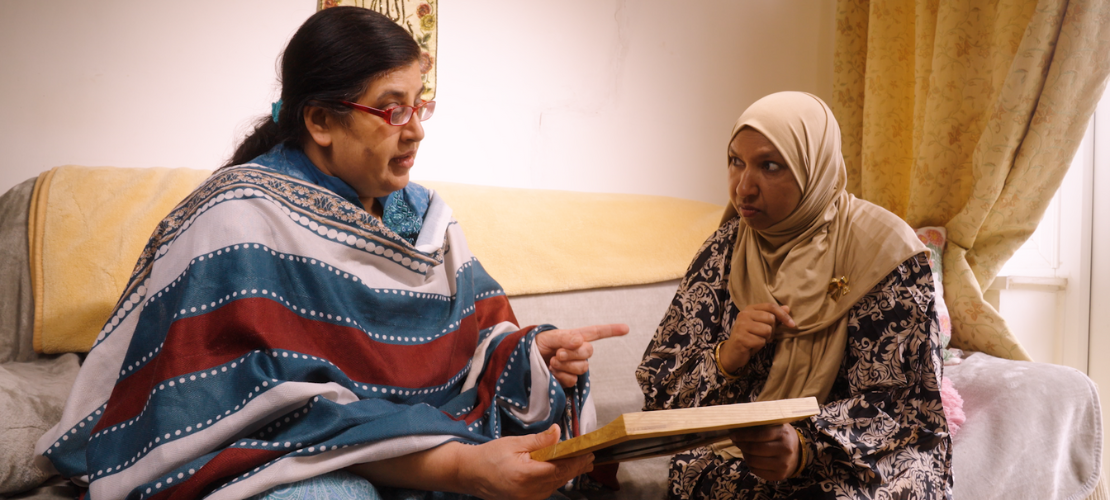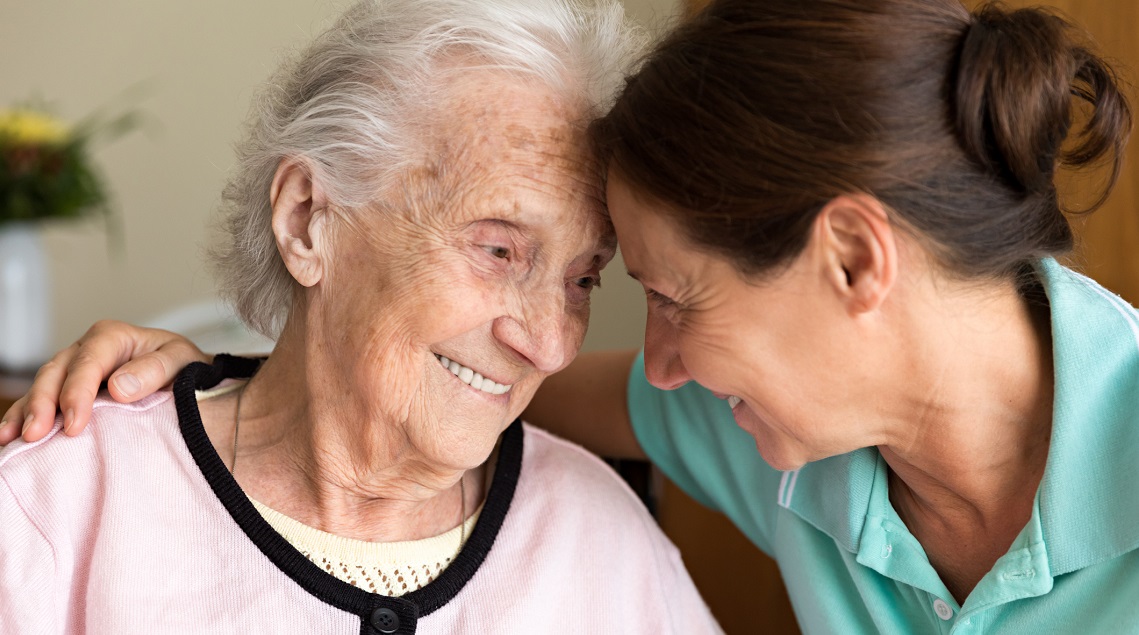Dr Esther Mukuka, NIHR Director of Research Inclusion, talks to us about how the NIHR is making research more inclusive.
Why is it important that health and care research involves people from all walks of life? .png?language_id=1)
Health and care research must be inclusive to ensure that we meet the needs of an ever-changing population. We need to develop treatments and therapies that enable all people in society to thrive and live healthier, longer lives.
If research only includes certain groups, the findings will only reflect the experiences and needs of those groups. People who typically take part in research tend to be healthier, wealthier, and have longer life expectancies. This reinforces existing health inequalities in society.
What prevents health and care research from being inclusive?
One major barrier to participation in research is trust. Although unethical research practices are rare today, history contains troubling examples. These have understandably left lasting scars in some communities.
Take the Tuskegee Study in the United States, which ran from 1932 to 1972. Black men with syphilis were deliberately left untreated, without their informed consent. Researchers did this to observe how the disease progressed.
Events like this serve as painful reminders of how research can go wrong when ethics are not upheld. It’s important to acknowledge this history. It’s equally important to reassure people that things are different now.
Today’s research is governed by strict ethical standards and regulatory bodies. In the UK, we have organisations like the Health Research Authority (HRA) and the Medicines and Healthcare products Regulatory Agency (MHRA). They provide robust oversight to ensure participants are protected and uphold high ethical standards.
Another challenge lies in who gets included in research. In the past, researchers have often recruited people who are easy to reach, typically those who volunteered. That meant groups considered ‘hard to reach’ were frequently excluded, to speed up clinical trials and get treatments to market faster. Unfortunately, this meant that certain communities were consistently underrepresented. This included disabled people, ethnic minorities, gender-diverse individuals, and those from lower-income backgrounds.
It also includes older people. Sometimes, research studies set upper age limits, often out of concern about issues like frailty or how existing health conditions might affect how well a treatment or device works. However, this can unintentionally exclude people who could benefit the research findings the most.
If we want health research to benefit everyone and to build truly inclusive and effective healthcare, we need to change this. Everyone deserves to be part of the conversation and the science that shapes healthcare and impacts lives.

Is research finally becoming more inclusive?
The good news is – yes, things are starting to shift.
At the NIHR, we’ve been working hard to drive that change. Since I joined in 2021, we’ve placed a strong focus on making health research more inclusive and relevant to everyone. We encourage researchers to think about diversity and health inequalities right from the start. When they’re designing their studies, not as an afterthought.
A big step forward came in November 2024, when we made inclusion a mandatory part of any application for NIHR funding. Researchers must now clearly show how they plan to involve a broad range of people in their studies. This must include those who have historically been left out.
We’ve also signed a Statement of Intent, along with over 40 other research funders and charities, calling for the end of unnecessary and arbitrary age restrictions on who can take part in research.
We’re not just ticking boxes. We’re changing the culture of research. We're pushing for more meaningful engagement with diverse communities. As more people begin to see that research is being shaped with them in mind, not just about them, trust will grow. And with trust comes a greater willingness to get involved.
That’s why signing up for the Be Part of Research volunteer registry is so important.
"When you sign up, you're not just saying yes to taking part in research; you’re saying yes to research that’s designed to include you. Research that’s thoughtful, inclusive, and built to reflect the diversity in the world we live in."
- Dr Esther Mukuka
What challenges remain?
One of the biggest challenges we continue to face is research literacy. We need to help people understand what research really is, what it involves, and why it matters.
People need to understand what the research is aiming to achieve and why it’s important to take part. That will reduce any fear and anxiety. It will help to build trust and confidence in the NIHR and show that when you take part in research, you’re not just taking part for yourself.
You’re also taking part in research to improve society, to improve things for your community, for your family and the generations that follow you.
We need to view taking part in research as a civic responsibility. Participation then becomes something we value collectively. People begin to see that their voice matters – and it truly does. Every person who takes part helps shape the future of healthcare.
To design research that reflects real needs and leads to real improvements, we need to hear from everyone. And the most powerful way to ensure that happens is by stepping forward and getting involved yourself.
Whatever your background, if you would like to take part in research, sign up to the Be Part of Research service
NIHR studies to tackle research inclusion and health inequality:
- The NIHR is funding a research consortium with £50 million over 6 years to tackle maternity inequalities: NIHR Challenge: Maternity Inequalities funding call | NIHR
- Research funded by the NIHR in 2023 looked into the accuracy of pulse oximetry (a device which clips onto the finger to measure levels of oxygen in the blood) when used with people with darker pigmented skin. This led to the government commissioning an independent review of all medical devices: Equity in medical devices: independent review - summary report - GOV.UK








